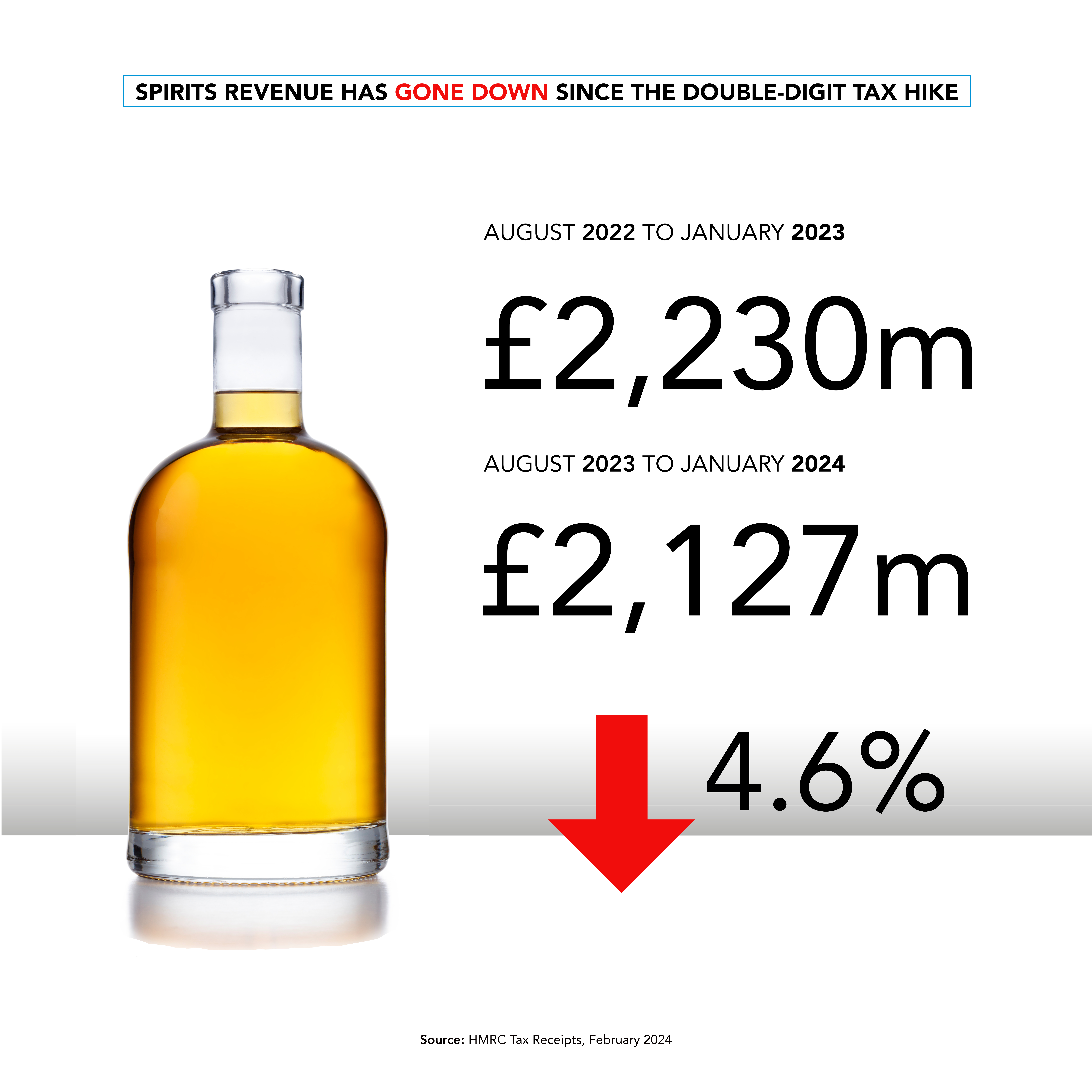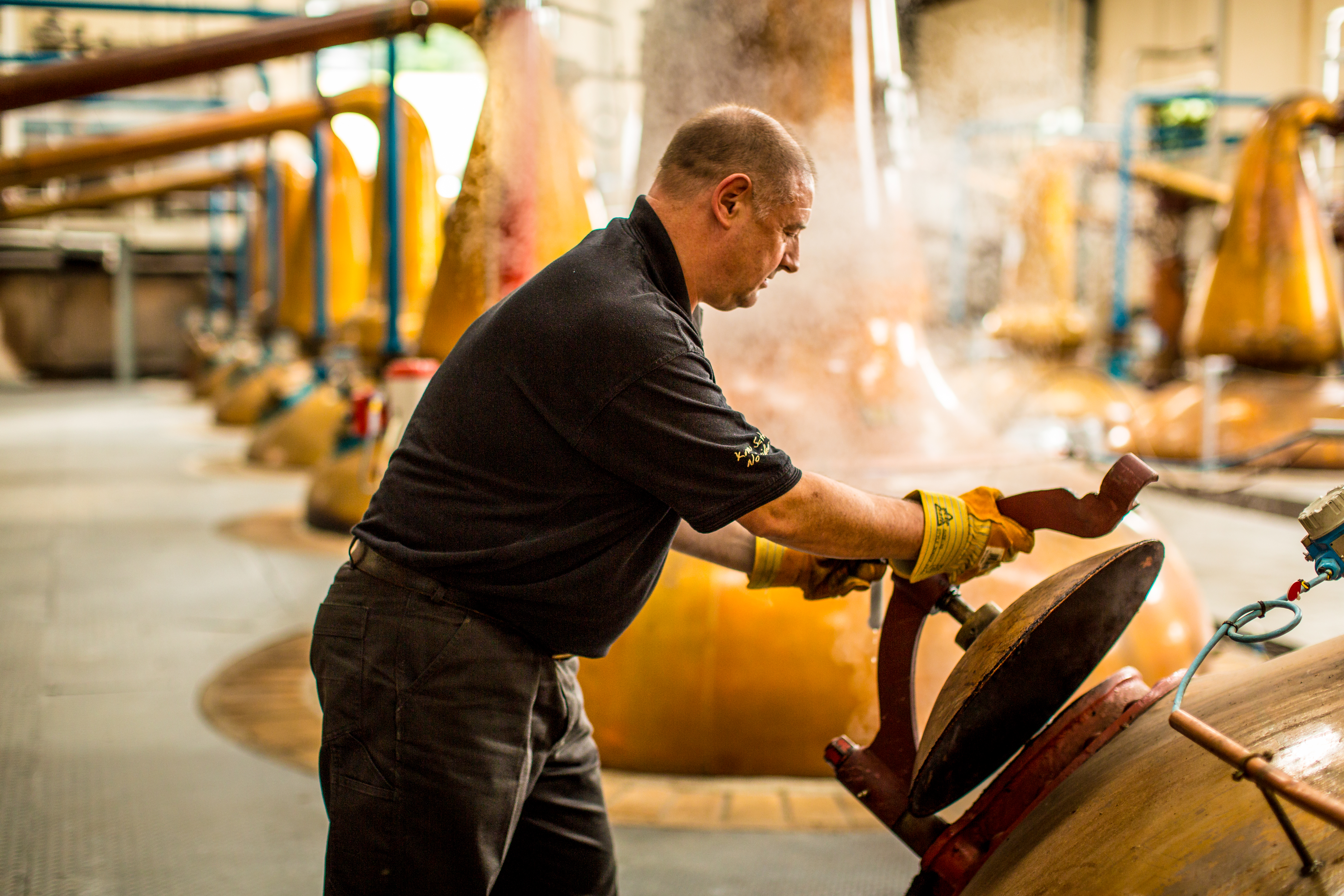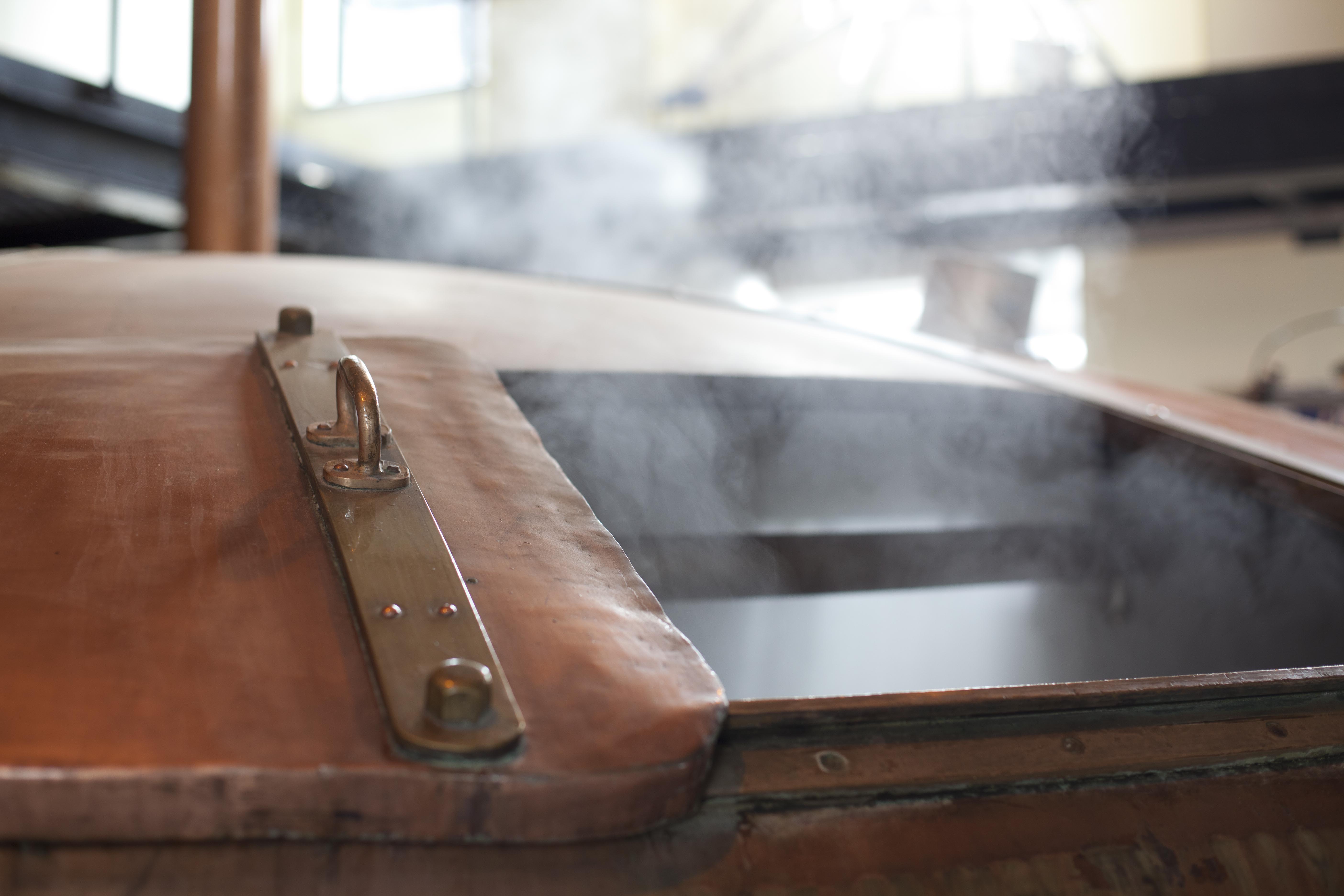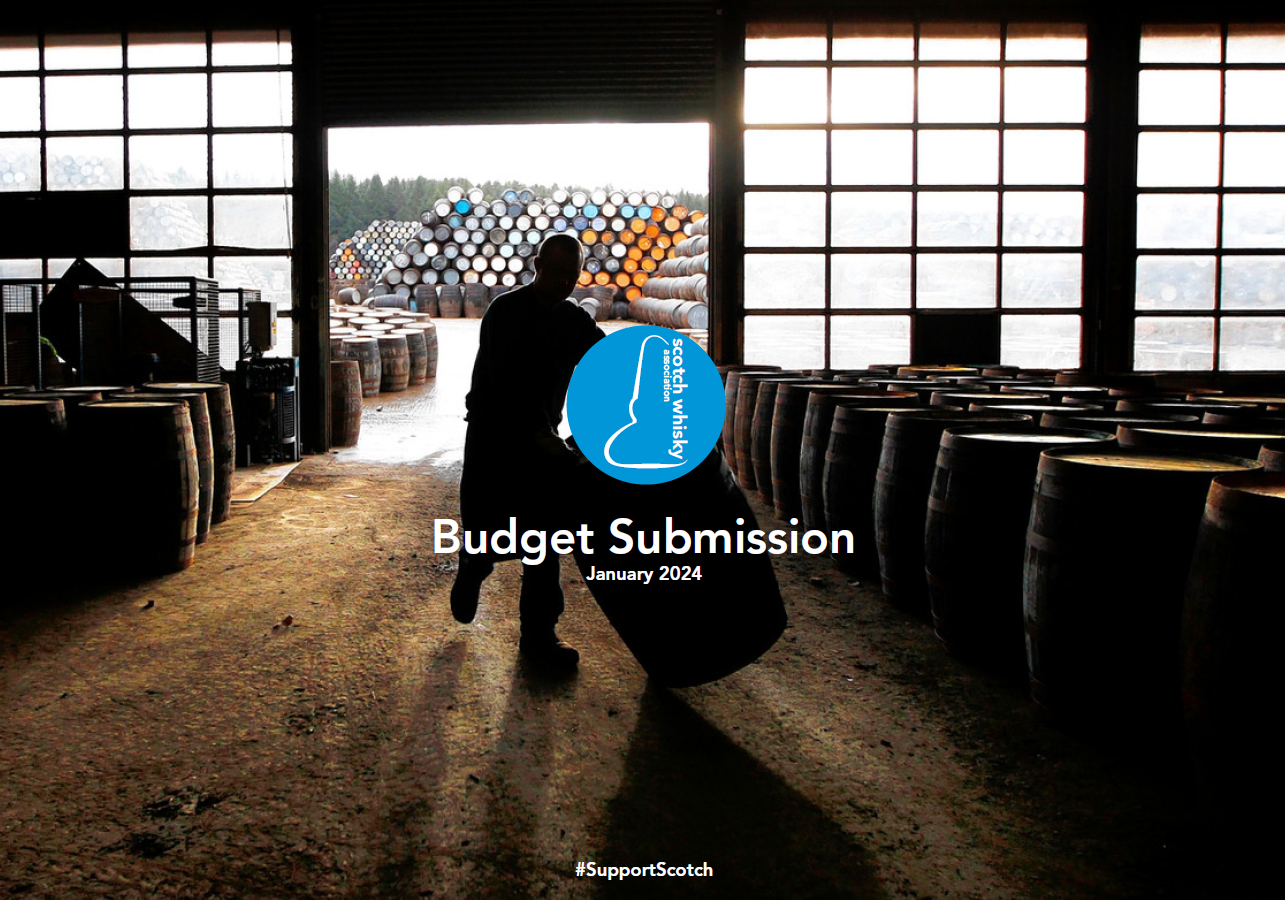Join our campaign for fair tax for Scotch Whisky

Three months on from a freeze, and five years since the Government pledged to "ensure our tax system supports Scotch Whisky"
...The Spring Budget is HM Treasury's chance to #SupportScotch


A look at the numbers...
In the 2023 Spring Budget the Scotch Whisky industry was hit with a 10.1% tax increase, growing the tax burden to 73% of the average priced bottle and widening the difference between the taxation of spirits compared to other categories of alcohol.
We know that the 10.1% duty rise last year led to alcohol making the largest contribution to inflation on record. The numbers also show that this tax increase led to a drop in Treasury revenue of £103m. Prior to August's duty hike, spirits revenue had grown by 50% since 2013 through cuts and freezes.
Something doesn't add up: it's time to cut tax and Support Scotch whisky producers.
An economic success story
Scotch Whisky is represents 26% of all UK food and drink exports and supports jobs across the UK. In Scotland where the industry’s 148 distilleries are located, 14,000 people are directly employed in communities throughout the country as part of 41,000 overall jobs in Scotland and 66,000 throughout the UK.
The Scotch Whisky industry contributed £7.1 billion to the UK economy in 2022. Whilst the vast majority of Scotch Whisky is exported, the UK is our sector’s home market, and we need the UK Government’s support to ensure the industry can invest, grow sustainably, and boost the high skilled workforce necessary for long-term success.
Supporting Scotch supports the UK economy, delivering for an entire supply chain.
Why is the UK market important?

Scotch Whisky is a home-grown success story. The Scotch Whisky industry might be an export-focused industry – we’re one of few products that can proudly say we export to more than 174 markets around the world. But the UK remains our 5th largest market, representing 73m bottles each year. Distillers large and small need confidence that their home market - for many the first market where their products are sold - supports them and supports their industry by ensuring they have breathing room to grow, invest, and export.

Supporting pubs and bars is about more than just pints
More and more consumers are choosing high quality products in lower volumes when they support their local bar, pub or restaurant – spirits now make up a third of all drinks sold behind the bar. That’s good for hospitality businesses, good for distillers, and good for the Treasury.
But the government’s offer of duty relief to draught beer and cider only, showed just how out of touch it is with the average consumer and the evidence of consumer trends, offering tax breaks to high volume drinks over more premium products.
In November's Autumn Statement, HM Treasury made the right choice to not widen the gap that already exists between spirits and other alcoholic drinks in the on-trade further. The Scotch Whisky industry is committed to helping consumers make responsible choices - we believe that the tax system should do the same by bringing the cost of units of alcohol closer together - not widen them further.
Fairer for consumers, and fairer for a home-grown industry.
What should the UK Government do now?
The answer is simple:
Cut spirits duty in the Spring Budget
Support hospitality and households

Support the businesses contributing £7.1bn to the UK economy

Get Treasury revenue back on track

Supporting Scotch supports our supply chain, including the hospitality sector and the hundreds of thousands of jobs and businesses that make it special. It also supports the consumers who choose to drink higher-quality products, continuing the trend towards cocktails and long drinks which are made and measured responsibly.
Scotch Whisky businesses support 66,000 jobs, and bring in £7.1bn to the UK economy every year.
They need support in their home market, to give them confidence to invest in their communities, their teams, their tourism offering and their long term sustainability.
The industry - and consumers - were promised fairness when it comes to the way that alcohol is taxed. Now we know that the current rate - which sees spirits like Scotch taxed 260% more than other categories of alcohol - doesn't even deliver the revenue the Treasury had hoped for.
Redress the balance and support Scotch.

The 2019 Conservative manifesto (p.48) recognised the high tax burden on Scotch Whisky and in the Queens Speech following the General Election, the UK government promised to “review alcohol duty to ensure our tax system is supporting Scottish whisky and gin producers and protecting 42,000 jobs supported by Scotch across the UK.”
The Spring Budget is an opportunity to put this right and #SupportScotch once more
Join the campaign!
Help us ensure tax fairness for Scotch Whisky and other spirits by joining our campaign to ask the UK Government to #SupportScotch in the Spring Budget. You can write to your local MP, or contact them using the hashtag on social media.
Contact your MP
- Find the twitter handle of your MP by putting your postcode into https://www.theyworkforyou.com/
- Post on X to tell them to #SupportScotch - remember to tag us @ScotchWhiskySWA
Some suggested posts below:
- The Scotch Whisky industry is the UK’s number 1 food and drink export, contributing £7.1bn to our economy. I’ve just written to [insert MP’s Twitter handle] to help ensure @hmtreasury #SupportScotch in the #SpringBudget
- 73% of the cost of a bottle of #ScotchWhisky in the UK is collected in tax - higher than any other alcoholic drink. The UK Govt needs to #SupportScotch distillers with a cut in the #SpringBudget - please back the campaign [insert MP's Twitter handle]
The Scotch Whisky industry is the UK’s number one food and drink export and a vital part of our economy

